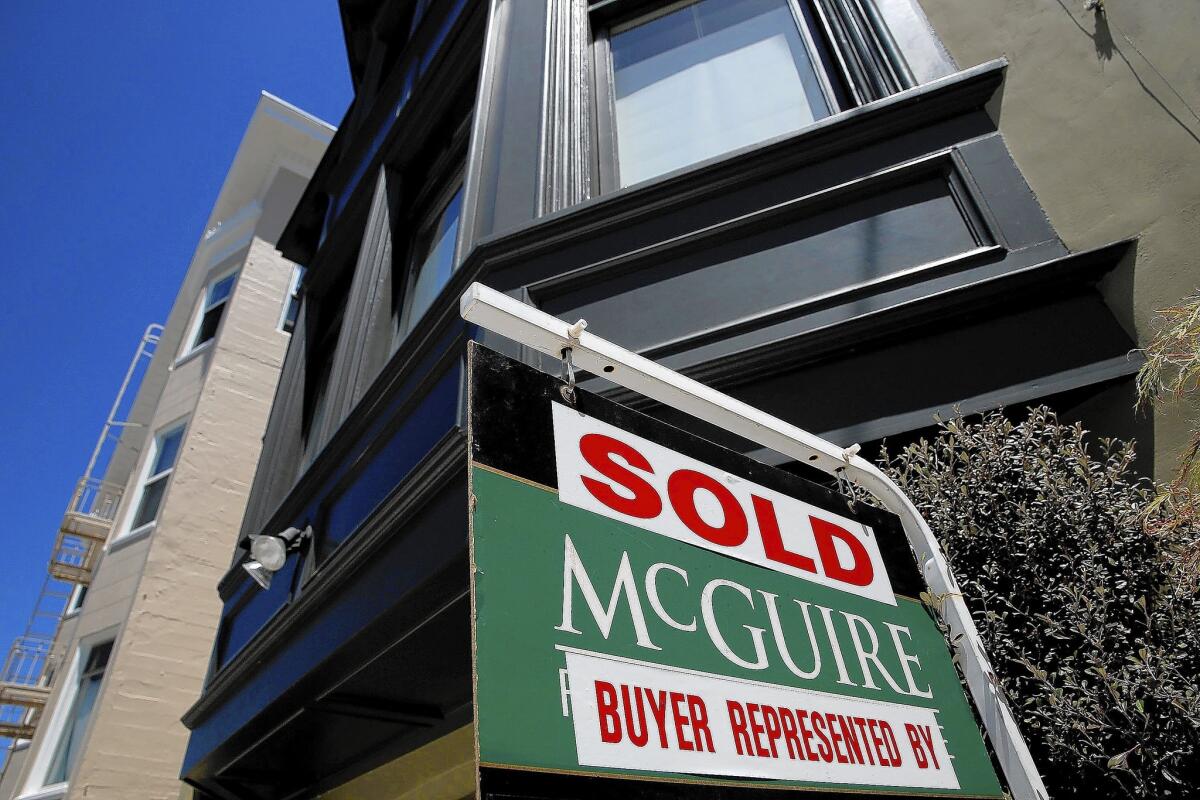Readers React: The trade-offs of a saner California tax system

UCLA finance and economics professor Ivo Welch’s idea, as proposed in his Op-Ed article Sunday, to more permanently shore up California’s books by tripling the property tax and doing away with sales and income taxes didn’t sit well with many readers. Several said Welch’s asked far too much from property owners.
Elliott Oring of Long Beach was one of those readers. He wrote:
“When someone buys a home, he or she should have some idea of the costs of that home over the long term. If property taxes vary with the value of the property, those costs are unknowable. The owners of a modest house may eventually find that they can no longer afford to pay their taxes.
“At least with income tax, you have revenue, and with sales tax, you know what you will be paying up front. But owning property does not produce revenue unless the owner sells or rents. Why do professors of economics and finance propose taxes on the current values of residential property and never suggest a tax on the current values of the stocks in their portfolios?”
Ivo Welch responds:
Tax policy has to be made for 38 million California residents, not just for you or me. It will never be perfect, and consequently there will always be problematic cases.
In boosting the state property tax rate, we could allow hardship reviews, personal exemptions, multi-year phase-ins and the ability to opt to remain in the old system.
For example, after removing the sales tax, we could allow individuals to retain their 1.25% property tax but pay income tax plus an extra 2% tax to make up for lack of sales tax. But once one chooses to opt into paying the property tax without the income tax, there could be no going back.
For now, I would advocate that we first and foremost need a good study to look with fresh eyes at California’s tax code. Nothing should be sacred, least of all Proposition 13.
To answer the reader’s specific point about a wealth tax, such a proposal has a key problem: It is difficult to assess on non-publicly traded assets. But more important, the point of my proposal is to tax what cannot escape California easily, and a wealth tax would defeat that purpose. It would induce many high-wealth Californians — few of whom are, say, finance and economics professors — to leave California for states like Texas and Florida.
Now, the U.S. as a whole has less of an issue with “moving to escape.” The federal government could contemplate a wealth tax; an individual state should not.
And to address the reader’s implication that somehow I would benefit from my own proposal: Most of my wealth is in my Proposition 13-protected house. Personally, I would be among those worse off under the tax reform I suggest. But, like I said, tax policy must address the needs of all 38 million Californians, not just you and me.
In case readers are interested, I put up more thoughts on California’s tax code on my Web site, ivo-welch.info.
More to Read
A cure for the common opinion
Get thought-provoking perspectives with our weekly newsletter.
You may occasionally receive promotional content from the Los Angeles Times.






